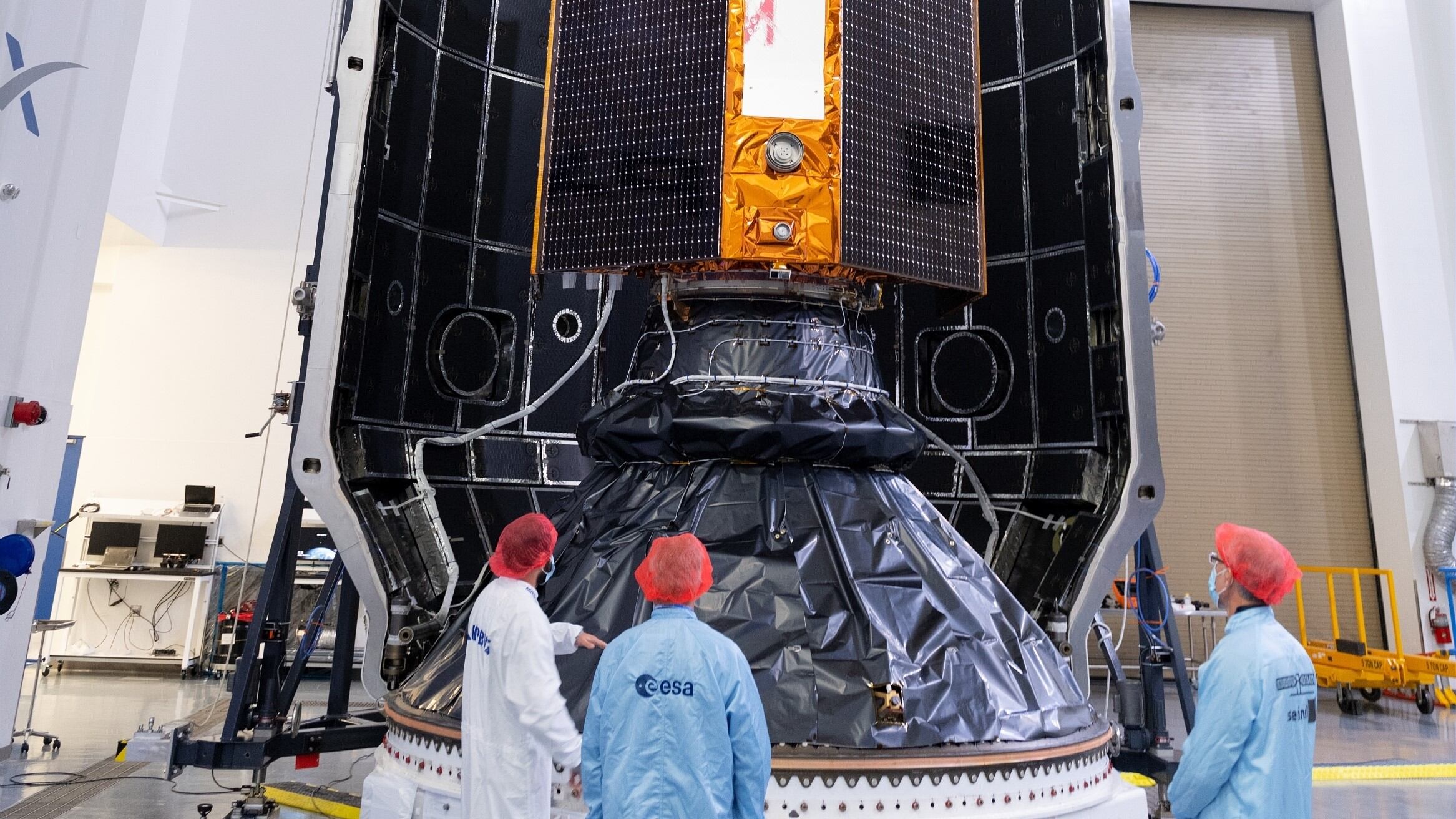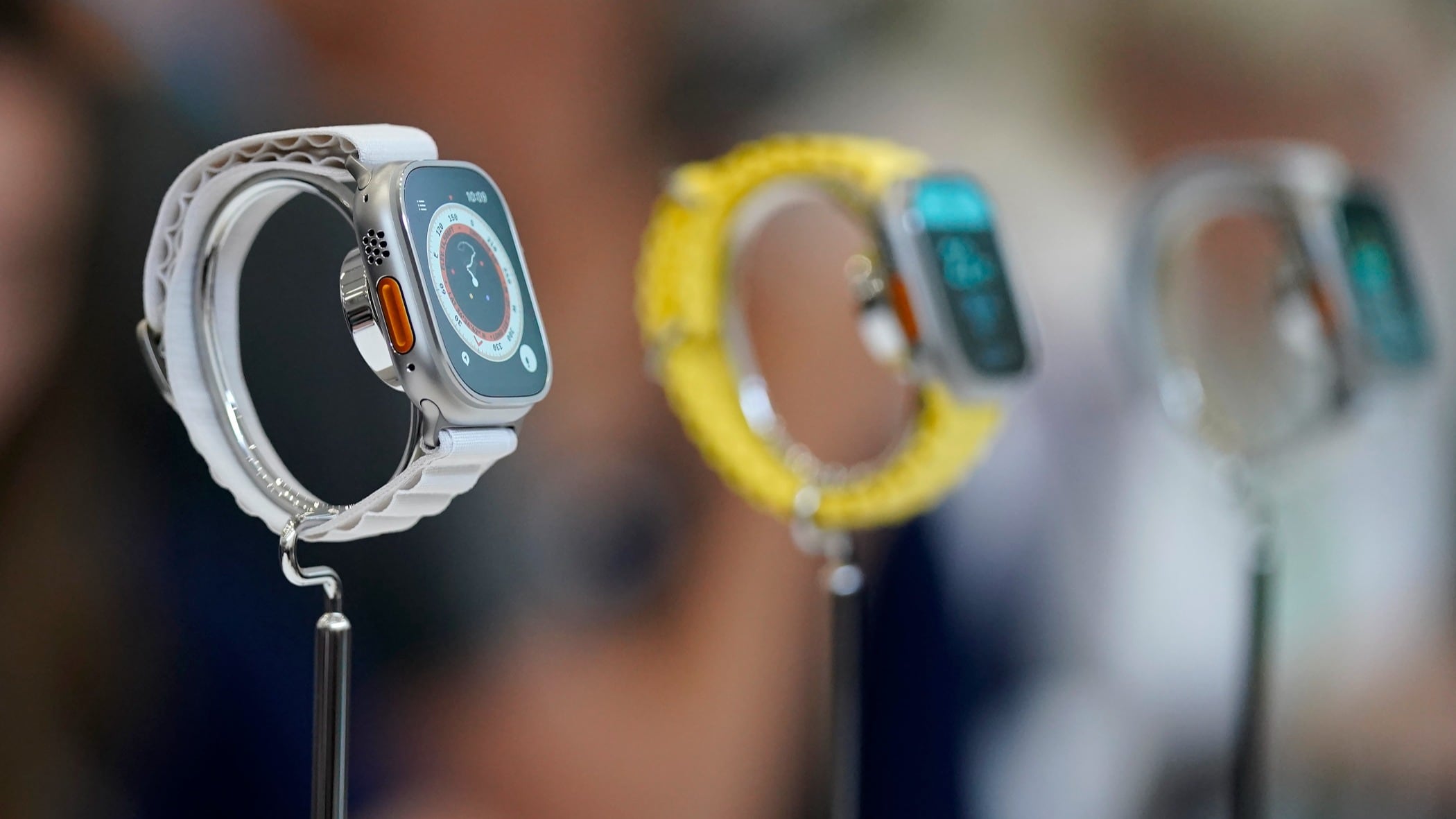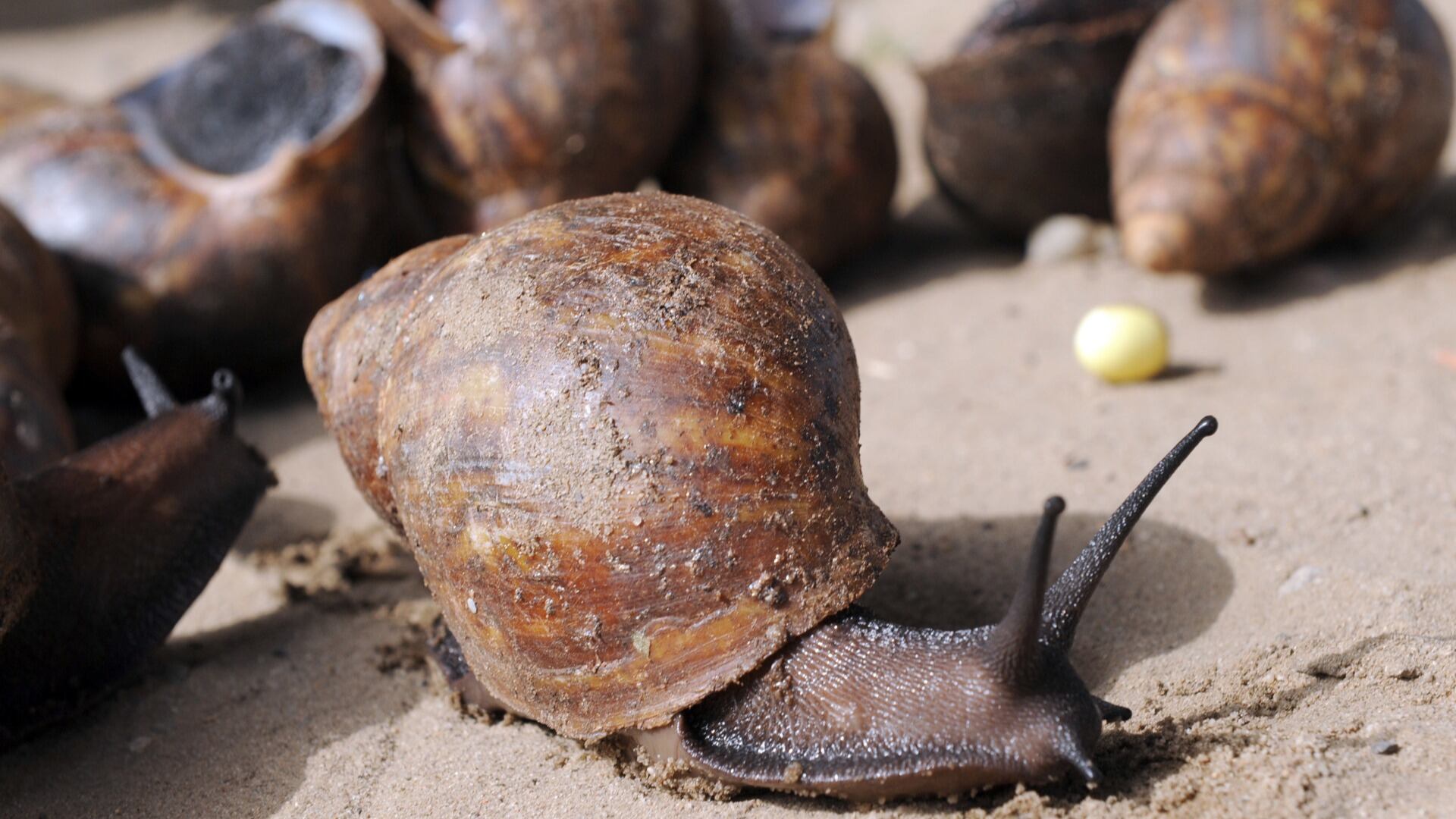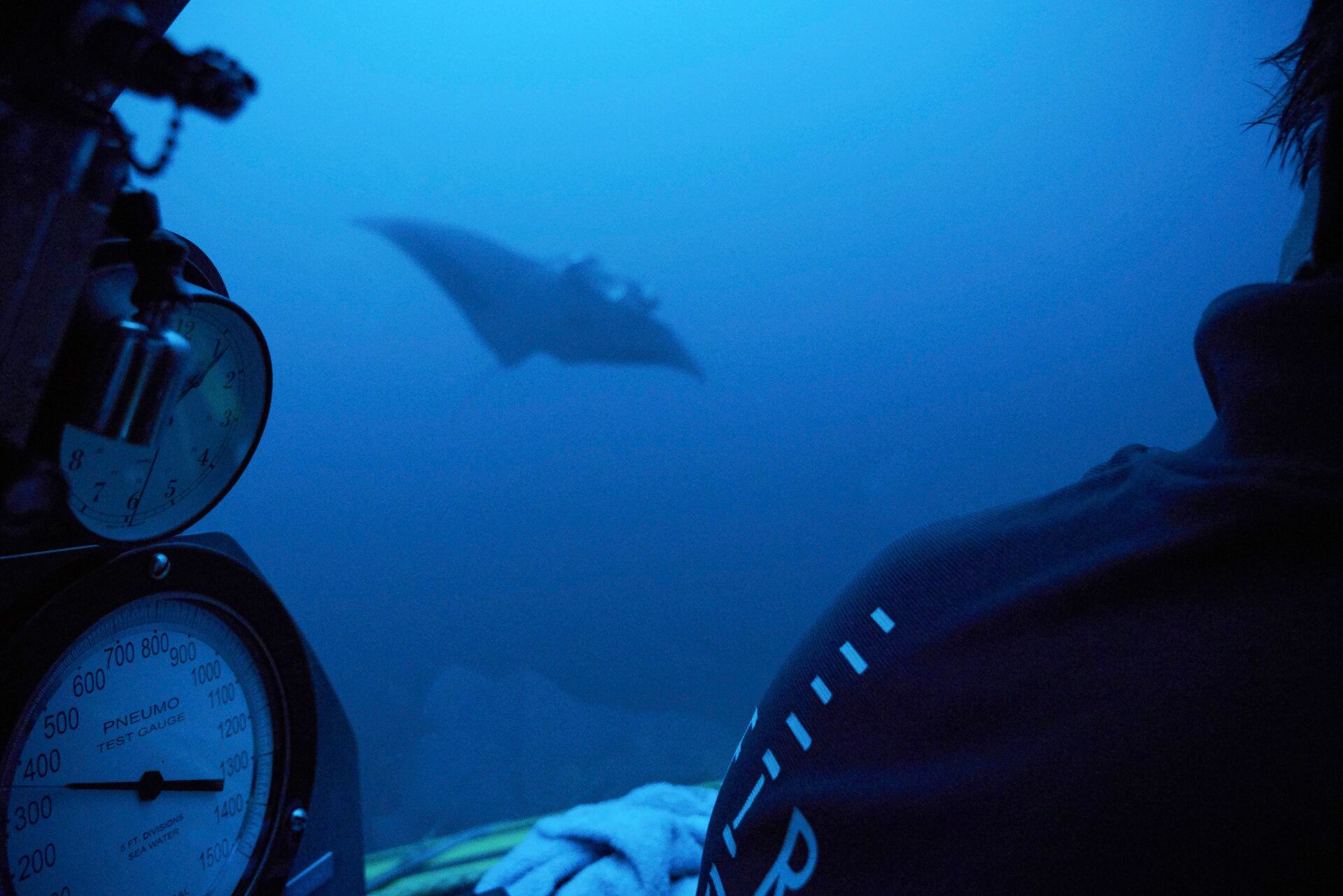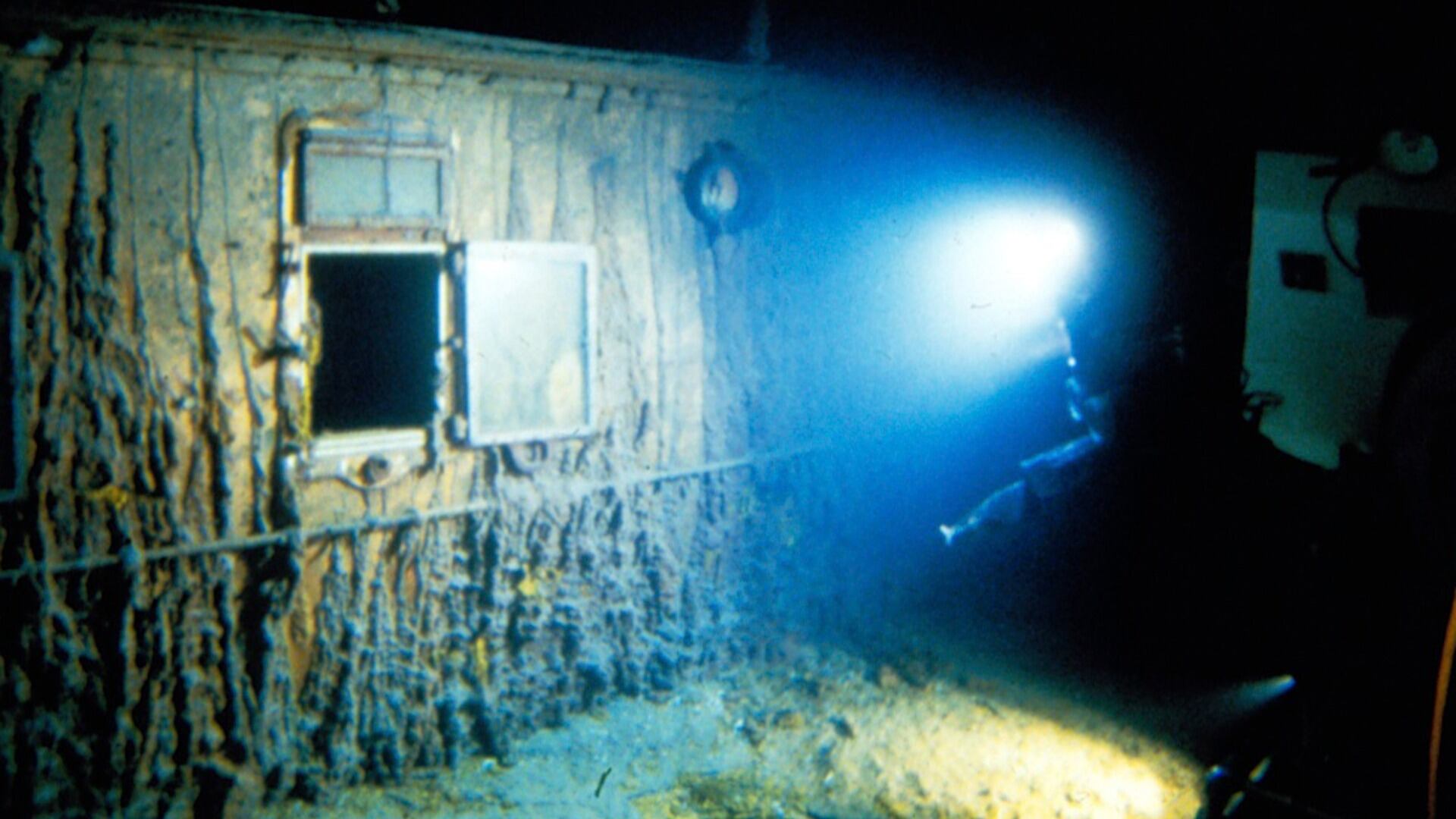By Frank Jordans
A satellite jointly developed by Europe and the United States being launched this weekend will greatly help scientists keep track of the rise in global sea levels, one of the most daunting effects of climate change, a senior official at the European Space Agency said Friday.
The new satellite, called Sentinel-6 Michael Freilich, contains cutting-edge instruments able to capture sea level height with unprecedented accuracy, adding to space-based measurements going back almost 30 years.
“This is an extremely important parameter for climate monitoring,” said Josef Aschbacher, the agency's director of Earth observation.
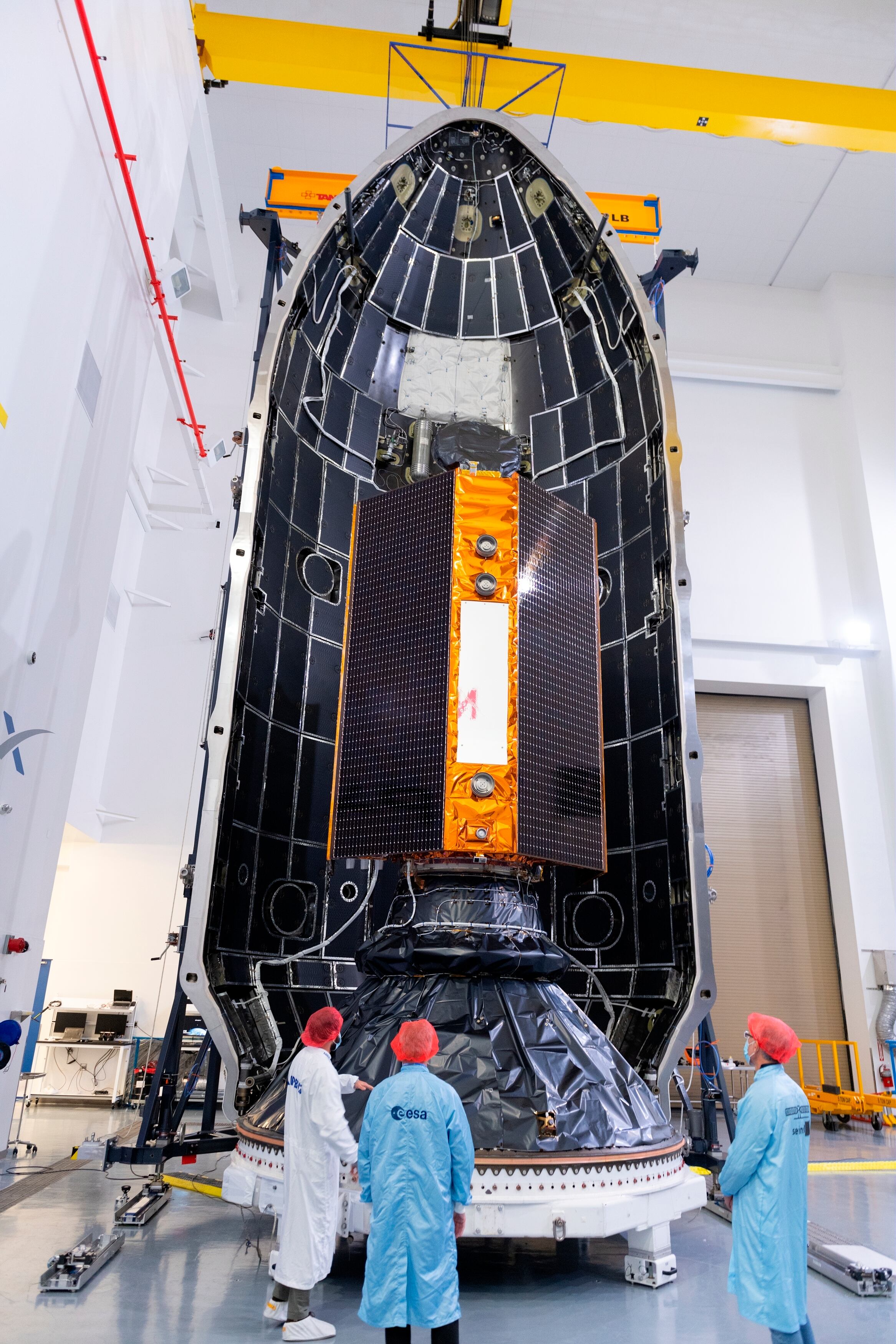
Billions of people living in coastal areas around the planet are at risk in the coming decades as melting polar ice and ocean expansion caused by warming water drives sea levels up.
“We know that sea level is rising," said Aschbacher.
He said the speed of the rising has increased since the 1990s, at first by about three millimeters per year but by almost five millimeters in the past couple of years.
While sea level measurements are also taken at ground level, in harbors and other coastal areas, they don’t provide the same precise uniform standard and breadth as data collected by a single satellite sweeping the entire globe every ten days, said Aschbacher.
“If you measure it at sea level, you have one measurement device in Amsterdam and you have a different one in Bangkok and yet another one in Miami," Aschbacher told The Associated Press by video from ESA offices in Frascati, Italy. "But with a satellite, you can compare these measurements globally because it’s the same instrument that flies over all these areas.”
Its most powerful weapon is the Poseidon-4 radar altimeter, named after the trident-wielding Greek god of the sea. The instrument measures how long it takes for radar signals to bounce off the sea surface and back to the satellite.
The new satellite will also collect measurements at higher resolution than its predecessors, allowing researchers to peer more closely at small ocean features, especially along the coastlines.
Other instruments on board will measure how radio signals pass through the atmosphere, providing data on atmospheric temperature and humidity that can help improve global weather forecasts.
The satellite is due to be carried into orbit Saturday from Vandenberg Air Force Base in California aboard a SpaceX Falcon 9 rocket.
It is named after the late director of NASA’s Earth Science Division, Michael Freilich, an oceanographer who was instrumental in getting the U.S. space agency to join the mission.
“We owe him a lot and he more than deserves to have this satellite named after him,” said Aschbacher. “I’m very sorry personally that he cannot push the button tomorrow.”
Europe and the United States are sharing the 900-million-euro ($1.1-billion) cost of the 10-year mission, which includes the launch of an identical twin called Sentinel-6B in 2025.
It’s the first time that another space agency has been involved in ESA’s flagship Copernicus mission, which already has seven satellites in orbit measuring the seas, atmosphere and land.
Aschbacher said he hopes NASA and ESA will hook up on future missions, too.
“NASA is our strongest partner internationally,” he said. “We are discussing right now other options of cooperation based on the model of Sentinel 6-Michael Freilich.”
The two space agencies recently agreed to cooperate on a planned NASA outpost around the moon.
But Aschbacher said missions to Earth's neighbor, and others looking to Mars and beyond, shouldn't divert attention from the need to keep an eye on our own planet.
“We all know that (Earth) is undergoing enormous changes, extremely fast changes and changes we never had before on this planet with a speed and intensity caused, obviously, by humans," he said. "And we need to understand how this planet functions for our own survival, for our own future.”
